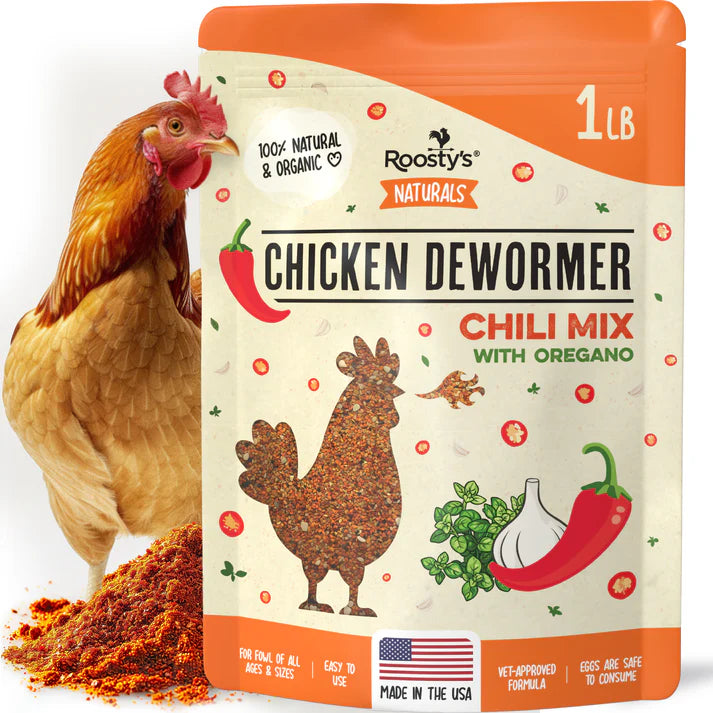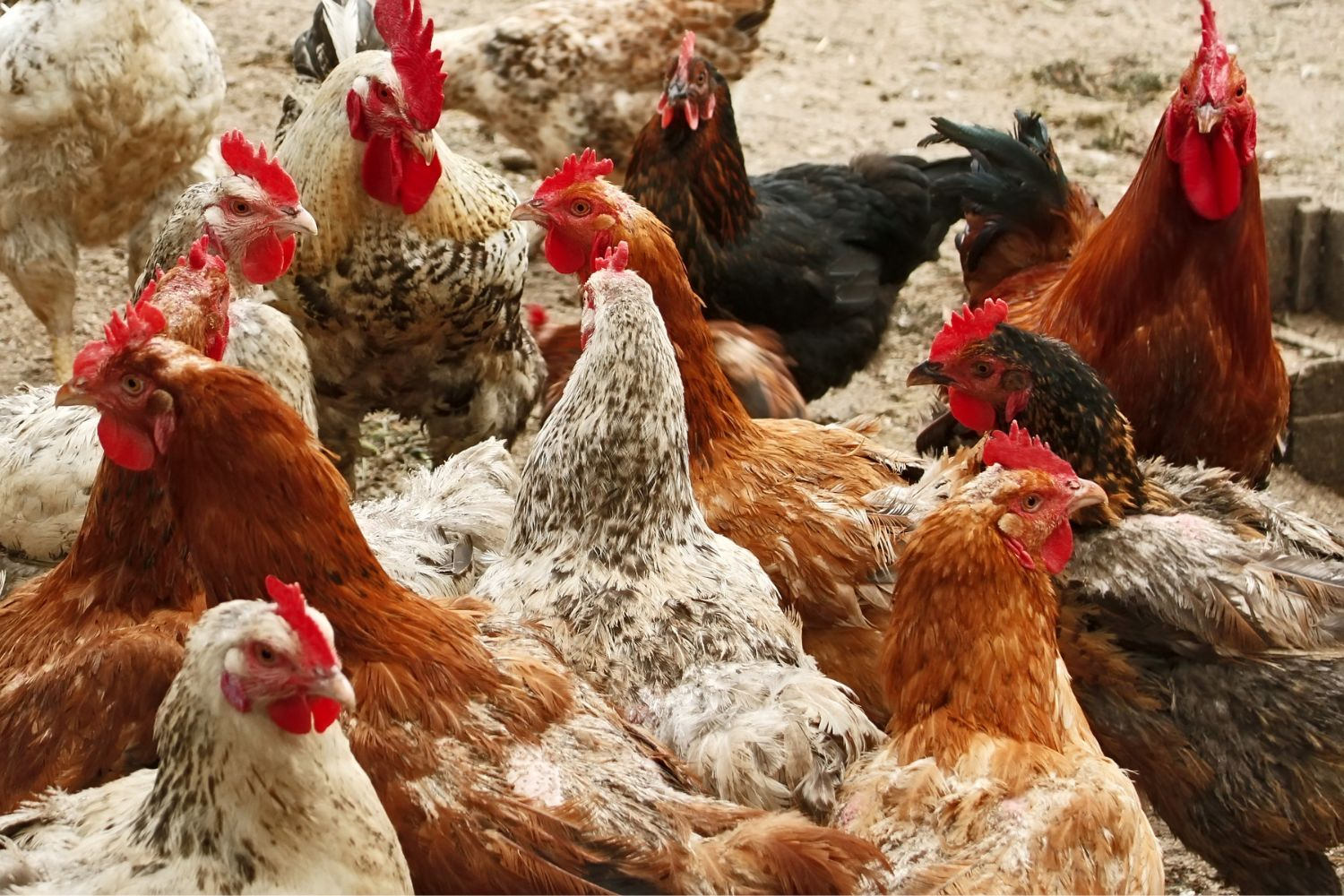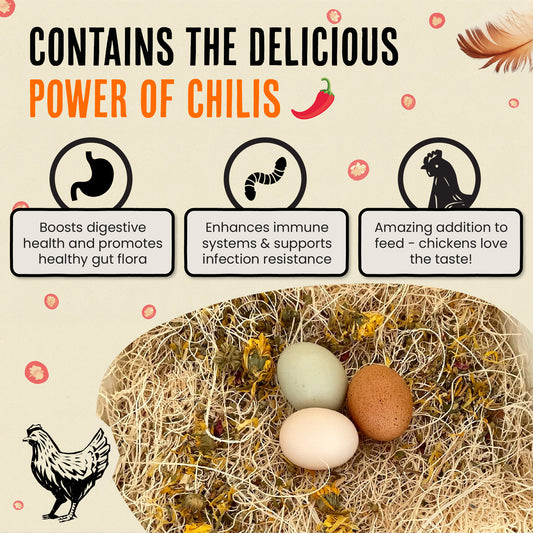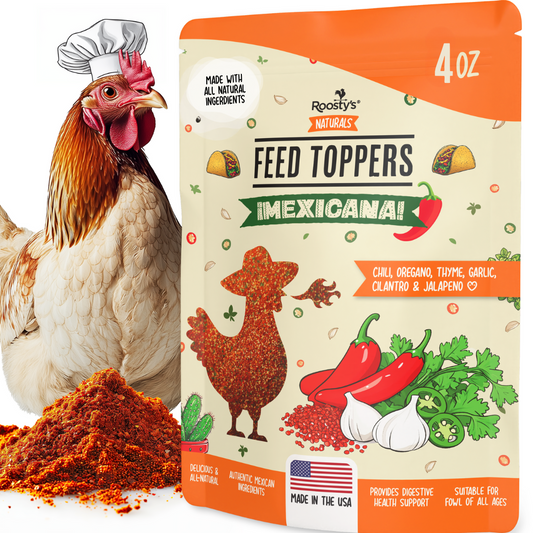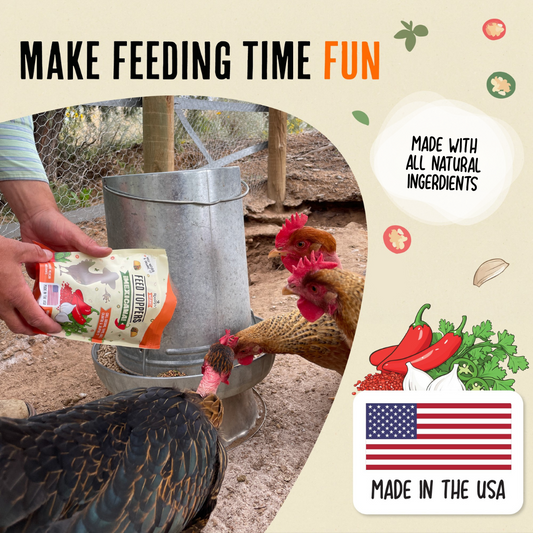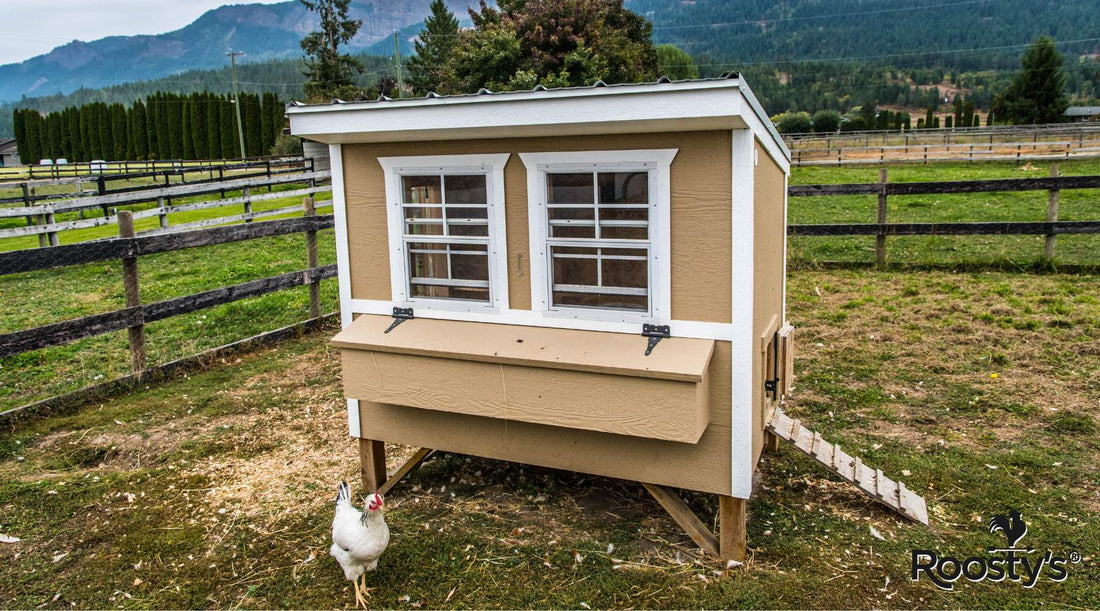
Lime for Chicken Coop: The Ultimate Guide to Keeping Your Poultry Healthy

Having a flock of chickens can be equal parts fun and challenging! With live animals running around in a confined space, you’ll always run into potential problems.
For the most part, issues center around hygiene and health.
You want to keep your chickens healthy, but it’s very easy for things to get out of hand. So, you did a bit of research and discovered fellow chicken owners talking about lime for chicken coop areas.
It’s supposed to be beneficial, but what on earth does this mean? What lime are we talking about here? How do you use it, and why should you use it?!
Fear not, this guide will explain everything you need to know about lime for chicken coops!
What is lime for chicken coops?
Contrary to what some people believe, I’m not talking about lime fruits.
Instead, we’re discussing a material that’s commonly referred to as calcium oxide. It comes from the natural deposits of limestone rock and is often used in powdered form.
You can get multiple types of lime from limestone - which I’ll talk about later in this guide.
The whole idea of lime for chicken coops is to use this substance in the chicken coop area as it can provide benefits for your flock.
--------
What are the benefits of lime for chicken coops?
Using lime in your chicken coop can help your chickens in multiple ways. Primarily, it creates a much healthier place for them to live - but it can also have other advantages.
With that in mind, here’s why you should use lime to take care of your poultry:
- Improve litter pH to prevent diseases - According to Dr, Jacquie Jacob from the University of Kentucky, applying lime to your chicken litter will increase its pH to the point where it destroys any pathogens lurking inside. As a result, this decreases the chances of chickens contracting and spreading diseases.
- Reduce odors in your coop - As you’re already away, chickens can be smelly. This is actually down to their droppings (shock horror) creating ammonia. It makes the whole coop stink, but the right type of lime can counter this. Again, the rising pH levels in the litter can neutralize ammonia odors and stop this gas from forming in the first place.
- Absorb moisture to keep the coop dry - Moisture is a big problem in chicken coops as it can lead to the formation of bacteria and mold. From here, it’s a one-way ticket to disease town. As stated by Eco Right lime is a naturally occurring desiccant. What does this mean? Effectively, a desiccant is something that absorbs moisture from the air. Laying it in your coop can reduce humidity levels and keep the whole area a lot drier.
- Prevent common pests like bugs and insects - It is shown that lime is a very effective option when you need pest control measures in your coop. Will it keep out big pests? No. But it does deal with bugs and insects. This is because it causes them to dry out and suffocate. That sounds pretty brutal, which is why bugs will soon avoid going near the lime, leaving your chicken coop free from annoying little pests.
Overall, lime will make your chicken coops a much cleaner and more sanitary place. There is one massive caveat here - you can’t swap out a regular cleaning schedule for lime.
Use it alongside your normal cleaning routine or your chicken coop will still be very unhygienic.
What is the best lime for chicken coop areas?

This is a bit of a contentious topic. Different people have different thoughts on what type of lime is the best for chicken coops.
So, rather than singling one out and telling you to use that, I’ve included the most common lime types that chicken experts recommend:
- Agricultural lime - Sometimes called garden lime, this substance is primarily made up of calcium carbonate. As the name suggests, it’s used in gardens where it is mainly tasked with raising soil pH levels. This makes it a great option if you want to increase the pH in chicken litter to destroy pathogens. It also has some moisture-absorbing and odor-eliminating properties.
- Quicklime - Also known as calcium oxide, this type of lime is proven to help chicken coops in multiple ways. Research from The University of Georgia discovered that adding 15 lbs. of quicklime to 100 lbs. of litter reduced bacterial loads substantially. The natural properties of quicklime also make it suitable for odor and pest control.
I need to emphasize that you should not use hydrated lime for chicken coops!!
This is a very common type of lime that’s shown to be toxic and can kill chickens and other live animals. Stick to either of the lime varieties shown above instead.
How to use lime in a chicken coop?
To use lime in your chicken coop, follow these simple steps:
- Clean the entire coop
- Handle the lime with gloves and goggles for added protection
- Sprinkle a thin layer on the coop floor before applying fresh litter for pH & odor control
- Sprinkle more around the perimeter of your chicken coop/run for pest protection
- Reapply every couple of weeks
It’s important to keep the ventilation good when using lime so there’s fresh air circulating at all times.
Also, don’t put lime in nesting boxes. It’s not beneficial - and if you’re looking for a way to make nesting boxes more hygienic, try our washable nesting pads instead.
Look after your chickens with lime!
On that note, you’ve come to the end of this guide. Both agricultural lime and quicklime are great to use in chicken coops as they help with the following:
- Odor control
- Disease prevention
- Pest control
Remember, adding lime to your chicken coop should become part of a general maintenance schedule. You still need to clean it regularly and swap out old litter for fresh stuff.
With lime added to the mix, you will find it easier to keep your flock healthy while making the whole chicken coop more hygienic.
--------
